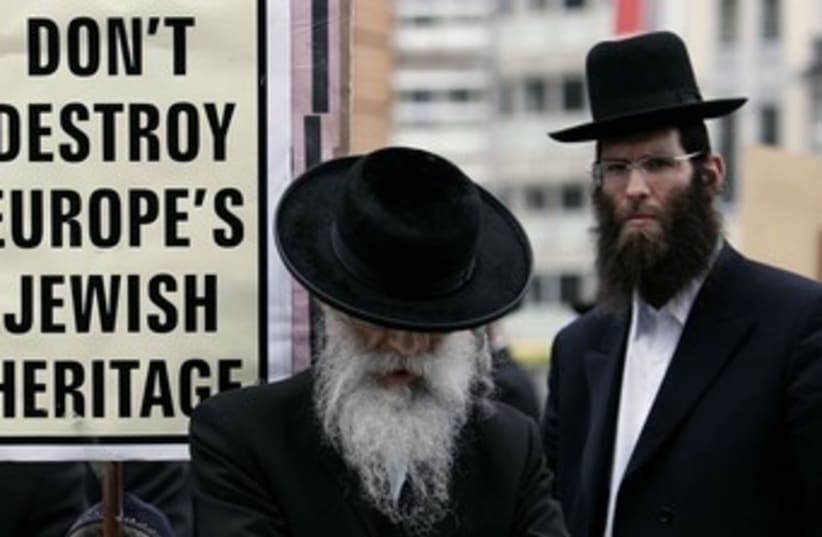Dr. Efraim Zuroff is the chief Nazi-hunter of the Simon Wiesenthal Center and director of its Israel Office. His most recent book, Operation Last Chance; One Man’s Quest to Bring Nazi War Criminals to Justice (Palgrave/ Macmillan), deals extensively with Lithuania’s failure since independence to prosecute local Nazi war criminals. For more information: www.operationlastchance.org
The truth about Lithuania
Guest columnist, Efraim Zuroff speaks about the uniquely extensive role played by Lithuanians in the mass murder of Jews.

Dr. Efraim Zuroff is the chief Nazi-hunter of the Simon Wiesenthal Center and director of its Israel Office. His most recent book, Operation Last Chance; One Man’s Quest to Bring Nazi War Criminals to Justice (Palgrave/ Macmillan), deals extensively with Lithuania’s failure since independence to prosecute local Nazi war criminals. For more information: www.operationlastchance.org